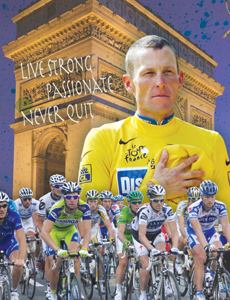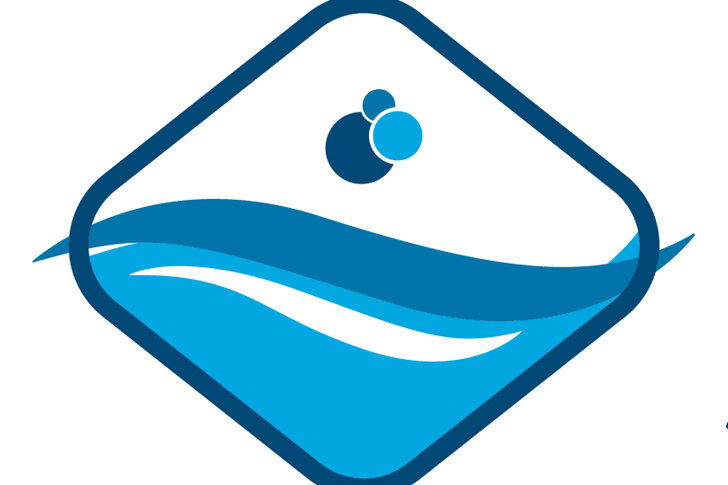Lance Armstrong
Justin Kari is motivated by the cycling champ’s indomitable spirits.


“Quit” is a four-letter word you’ll seldom hear from Lance Armstrong. Despite a tough childhood, sports challenges and a cancer battle that nearly cost him his life, he refuses to give up.
Armstrong’s ability to overcome adversity inspires Justin Kari, retail operations manager of The Pool & Spa House , a four-store company in Portland, Ore.
“He never quits or accepts negativity,” Kari says of the cycling champ. “There are no hurdles he couldn’t overcome. In his book, It’s Not About the Bike, he talks of going through terrible times, but he said, ‘I’m not going to give up.’”
Kari is an avid cyclist in his own right. He owns a Cervelo bike and has been riding for four years. He’s even participated in two duathlons, an event consisting of bicycling and running.
Born Lance Edward Gunderson in 1971, Armstrong’s Texas childhood was far from idyllic. Lance’s father abandoned the family when Lance was 2 years old, and though his mother remarried, Lance and his stepfather never got along. To this day, Armstrong won’t have anything to do with either man.
But sports made him happy, so he threw himself into swimming and running, then triathlons before settling on competitive cycling. In 1992 he cycled in the Olympics, finishing a disappointing 14th. Undaunted, he went on to become a pro cyclist.
Armstrong’s fighting spirit isn’t surprising given the ongoing lessons his mother taught him about perseverance. Once, when young Lance was near the end of a triathlon and about to quit, she urged him to finish the race by walking. And he did, even though he came in last.
That credo turned out to be especially important in 1996 when testicular cancer attacked Armstrong’s body. He beat the disease, even though tumors had spread to his brain and lungs, and he was given only a 40 percent chance of survival. His doctors later admitted they thought his chances were much lower.
“I was in complete shock,” Armstrong has said of his reaction to the diagnosis. “I was young and healthy, riding better than ever and suddenly, I have cancer. I was scared and angry.” But not for long.
Armstrong entered the cancer battle vowing to beat the disease and compete again, though many doubted he could. Two months after completing massive chemotherapy treatments, he was declared cancer-free. Feeling re-energized, he worked on recovering his strength. Eventually, he was training on bike trails and entering races.
Then, in 1999, Armstrong competed in the grueling Tour de France … and won. To date, he’s the only person ever to triumph in the race seven times.
When Armstrong retired from cycling in 2005, his fans didn’t see it as quitting, but as a new chapter in his life. After all, there comes a time when an athlete must leave the sport and move on. Armstrong continued his tireless war on cancer, visiting Capitol Hill to promote the needs of people with the disease.
Then in 2009, he raced in the Tour de France and came in third — after a four-year break. He said he returned to pro cycling because he wanted to continue to raise global awareness about cancer. However, many thought he did it to end once and for all the allegations that he had used performance-enhancing drugs.
Perhaps there’s some truth in that. As Armstrong once said, “If you consider my situation — a guy who comes back from, arguably, a death sentence — why would I then enter into a sport and dope myself up and risk my life again? That’s crazy. I would never do that. No way.” Besides, he added, “I’m the most tested athlete in the world.”
For Kari, Armstrong’s life story isn’t about how many tabloid headlines were generated. Instead, his legacy stands for fighting the good fight As Kari says, “Lance Armstrong overcame everything, mentally and physically.”


